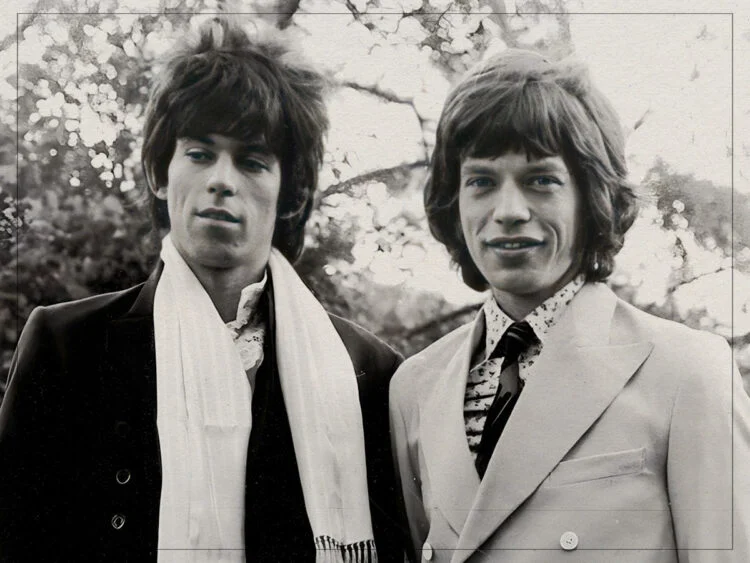It didn’t take very long for The Rolling Stones to go from teenagers playing blues covers in the nightclubs of London to one of the biggest rock and roll bands the world has ever known.
By the mid-1960s, once Mick Jagger and Keith Richards had started writing their own original material, the Stones boasted an incredible presence over the global rock scene, and they took full advantage of the sex, drugs, and rock and roll lifestyle that their reputation brought. Inevitably, though, that live fast, die young lifestyle quickly took its toll on the band’s creativity.
The Rolling Stones were always the wild rebels of rock, making virtually every other band of the 1960s look tame in comparison to their anarchic antics. When the Mick Jagger-fronted outfit found success, though, their resources for drugs and parties increased tenfold. After all, the band were among the most successful outfits of the 1960s, and any profits the rebellious rockers saw were quickly transferred into the pockets of drug dealers around England’s capital. Inevitably, these highly publicised antics made the group a target for every policeman and authority figure in the country.
So, by the time the 1960s came to an end, the Stones were positively knackered. After years of non-stop partying, coupled with a multitude of drug busts and all the unwanted tabloid attention that those brushes with the law brought, the band’s creative resources were completely depleted. Their brief flirt with psychedelic rock had failed to match the success of their earlier singles, and the Jagger-Richards songwriting duo didn’t have the energy to strike upon anything new. That was until Keith Richards invested in a cassette recorder, of course.
It was in 1963 that Philips unveiled the compact cassette for the very first time, but it took a little while to catch on. Smaller, cheaper, and far more portable than vinyl records, the format revolutionised music in so many ways; allowing artists and fans to easily create their own tapes, and carry their music around with them day-to-day, with the help of a Sony Walkman or portable cassette player. For Keith Richards, however, the impact of the cassette tape was much more profound.
During the creative rut which immersed the band during the latter part of the 1960s, Richards bought himself a small Philips cassette recorder and began experimenting with its sound. “I got rather bored with what I was playing on guitar,” Richards told Guitar Player back in 1977. “Maybe because we weren’t working, and it was part of that frustration of stopping after all those years and suddenly having nothing to do. My playing sort of stopped along with me.”
The humble cassette recorder was the key to ending that boredom, as it opened up an entirely “new sound” for the guitarist, who recalled in his memoir, Life, “Playing acoustic, you’d overload the Philips cassette player to the point of distortion so that when it played back, it was effectively an electric guitar.” Explaining, “You were using the cassette player as a pickup and amplifier at the same time. We were forcing acoustic guitars through a cassette player, and what came out the other end was electric as hell.”
This newfound method for recording acoustic guitar spurred Richards on to create two of The Rolling Stones’ greatest triumphs, in the form of ‘Street Fighting Man’ and ‘Jumpin’ Jack Flash’. “Both acoustics were put through a Phillips cassette recorder,” Richards recalled. “Just jam the mic right in the guitar and play it back through an extension speaker.”
Thus, the advent of the cassette recorder effectively saved the Stones from their creative rut, and set them a course to creating some of their most beloved albums, like Beggars Banquet or Let It Bleed.
